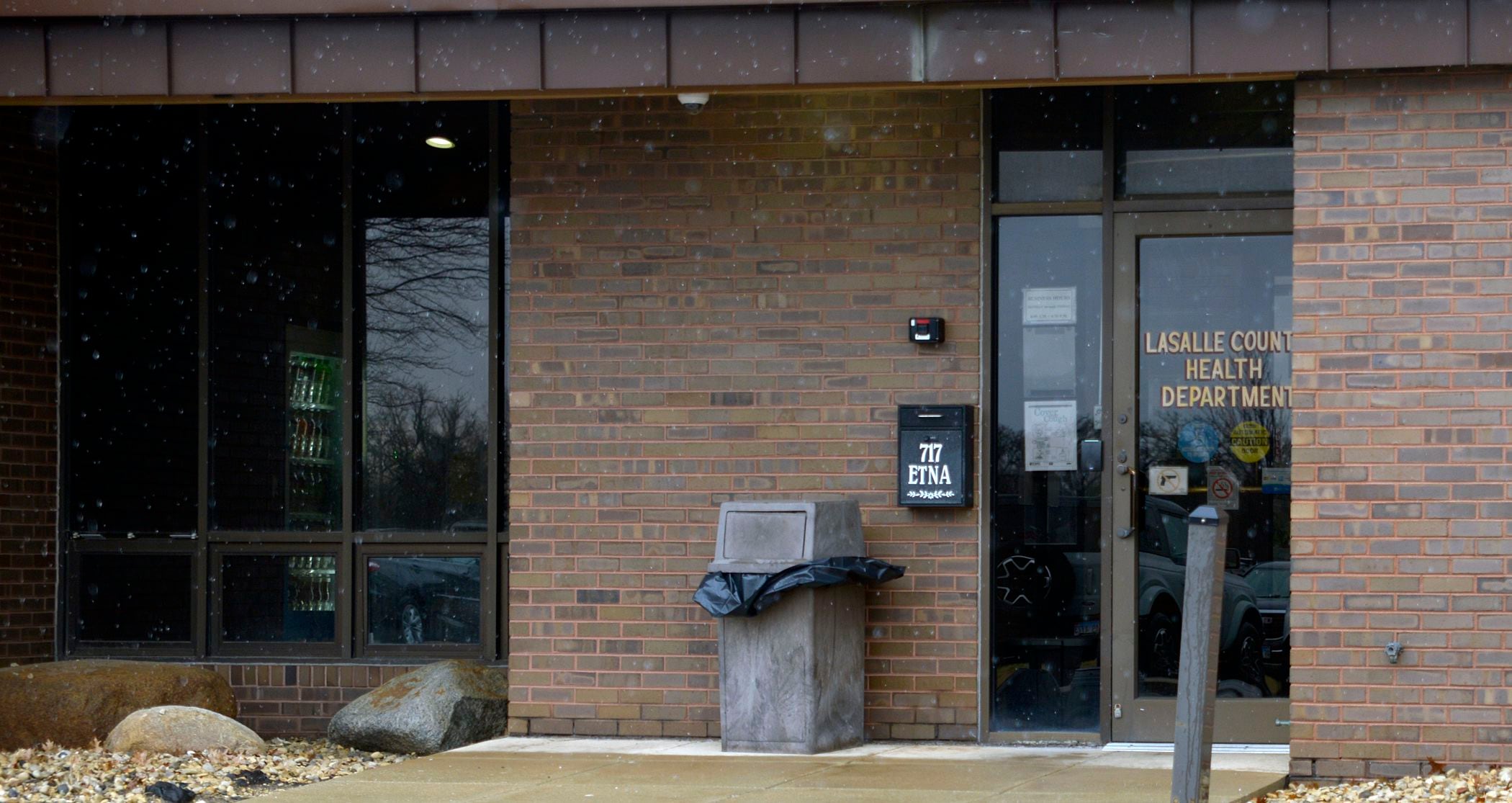China’s playing hardball, and it’s not just about tariffs and the global economy: Our lives could be on the line. Soon after President Donald Trump announced his first round of tariffs on Chinese goods this month, China hit back by totally suspending its exports of rare-earth minerals and magnets, a key strategic monopoly. Those materials are essential to manufacture automobiles and electric vehicles, as well as America’s fighter jets, drones, robots — basically the next generation of war-fighting weaponry.
China’s move puts a stranglehold on these industries, and threatens our national defense. Its next logical step is to cut off our medical supplies. China has a death grip on America’s generic-drug market, as well as on basic medical equipment that every hospital and doctor’s office relies on.

And Beijing has already threatened to weaponize this control to throw our hospitals into chaos, put us on our deathbeds and watch us suffer. Five years ago, soon after the outbreak of the COVID pandemic, the state-run Xinhua media agency warned that China could retaliate against Trump’s US travel restrictions by banning the export of all medical products. “The United States will fall into the hell of a new coronavirus pneumonia epidemic,” the outlet proclaimed.
When your enemy issues a threat like that, believe it. Unlike the ongoing tit-for-tat dance between the US and its friendly trading partners over tariff levels, China’s halt of minerals exports is an act of raw economic warfare . China is blocking the ability of the US to get essential goods at any price.
Today it’s rare-earth minerals. Tomorrow, it could be medicines and medical supplies. China is the sole manufacturer of 100 of our most commonly used medications — including many that keep American patients alive, like antibiotics and blood thinners.
It’s also our largest supplier of nitrate gloves, masks, syringes and other medical equipment essential to perform surgeries and other procedures. India, America’s other chief supplier of generic drugs, now relies largely on China for those medications’ basic ingredients, according to the Global Trade Research Initiative. Ireland’s growing pharmaceutical industry focuses on the priciest name-brand drugs, not the generics that form the backbone of American medical care.
With almost no other foreign sources for generic medications and supplies, the United States has no alternative: We must start producing these goods here at home. Top aides in Trump’s first administration understood that necessity. “If you’re the Chinese and you really want to destroy us, just stop sending us antibiotics,” National Economic Council Director Gary Cohn said back then.
In 2020, Trump invoked the Defense Production Act to push US manufacturers into producing up to a third of the nation’s gloves and similar supplies domestically. But the Biden administration botched the execution: By 2022, the government had spent roughly $1 billion on half-finished factories to produce nitrate gloves — without a single glove to show for it. When the funding expired in early 2022, Biden didn’t bother to authorize a renewal.
US dependence on China for surgical gloves actually increased after 2020 — even though their quality is so poor that double-gloving is now routine to compensate for frequent tearing. Similarly, US imports of finished Chinese pharmaceuticals and active drug ingredients soared after 2020, despite Biden’s lip service to reducing our dependence. Trump’s Strategic Active Pharmaceutical Ingredients Reserve, set up in 2020 in case China cut off its exports, was only 1% filled as of November 2024, the American Compass think tank found.
That’s shocking negligence. China’s clampdown on rare-earth minerals is a wake-up call. Congress needs to act, and fast, to invest public funds or offer tax incentives to build American medical manufacturing capacity.
Last week Sen. Tom Cotton (R-Ark.) introduced a bill that would do just this.
The measure would also bar US sales of drugs made in China or with Chinese ingredients after 2030. Trump should also slap hefty tariffs on China’s medications. Generic drug manufacturers here are more likely to invest in expansion if they know they won’t be blown away by cheap Chinese competitors.
And we must shift the conversation in Washington, DC, away from shaving drug costs toward ensuring drug access. Domestic drug manufacturing will necessarily cost more, but the key to improving Americans’ health is the ability to get the drug you need to prevent a heart attack or dissolve a blood clot — whether China is on the warpath or not. China’s President Xi Jinping claims, “there are no winners in a trade war, or a tariff war.
” That’s untrue. The United States appears poised to win reciprocal tariffs, or no tariffs, with its friendly trading partners. Trump should take those wins.
Meanwhile, China has shown its true colors as an adversary bent on bringing its trading partners to their knees. We have been warned. Time to take action.
Betsy McCaughey is a former lieutenant governor of New York and co-founder of the Committee to Save Our City ..
Top

How China’s chokehold on US medicine puts American lives in danger

China has a death grip on America’s generic-drug market and the basic medical equipment our doctors rely on — and could weaponize that control at any time.











